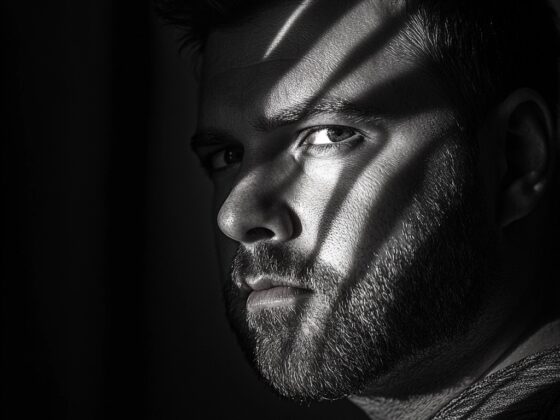Over my years as a psychologist, I’ve seen burnout creep into the lives of countless individuals, regardless of their profession or background. It’s a sneaky beast, often disguising itself as simple job dissatisfaction until it’s too late. But what if I told you that your personality might be playing a role in your susceptibility to burnout?
Let’s break it down. Burnout isn’t just about hating your job – it’s a complex interplay of emotional exhaustion, depersonalization, and a diminished sense of personal accomplishment. I’ve seen it manifest in various ways, from the high-powered executive who can’t seem to disconnect from work, to the dedicated teacher who’s lost their passion for educating.
The Maslach Burnout Inventory (MBI) has been my go-to tool for assessing burnout in my clients. It’s fascinating to see how different personality traits correlate with the various dimensions of burnout. For instance, I’ve noticed that my more introverted clients often struggle with emotional exhaustion, while those high in neuroticism tend to grapple with depersonalization.
Speaking of personality traits, let’s talk about the Big Five: Openness, Conscientiousness, Extraversion, Agreeableness, and Neuroticism (OCEAN). In my practice, I’ve observed that extraversion and neuroticism seem to have the strongest links to burnout. It’s not uncommon for me to see highly extroverted individuals pushing themselves to the brink in social professions, while those high in neuroticism often struggle with persistent anxiety about their performance.
One client of mine, a brilliant software engineer, was the perfect storm of high neuroticism and low agreeableness. She found herself constantly overwhelmed, distancing herself from coworkers, and doubting her abilities despite her obvious talent. It took months of therapy and some significant workplace changes before she started to find balance again.
What’s crucial to understand is that burnout isn’t something you can simply “relax away.” I’ve had countless clients tell me they’ve tried taking more vacation days or practicing meditation, only to find the relief temporary at best. Burnout is systemic – it’s often baked into our work cultures and exacerbated by our personal tendencies.
If you’re reading this and recognizing yourself in these descriptions, don’t panic. Awareness is the first step. Consider seeking out a psychologist who can help you assess your personality traits and develop strategies tailored to your unique profile. Remember, your personality isn’t a life sentence to burnout – it’s simply a map that can help guide you towards better mental health and job satisfaction.
In my experience, addressing burnout often requires a multi-pronged approach. It’s not just about changing yourself, but also about advocating for healthier work environments. I’ve seen entire organizations transform when they start taking burnout seriously, leading to happier employees, lower turnover, and even improved bottom lines.
So, do you have a burnout-prone personality? Maybe. But more importantly, you have the power to understand yourself better and make changes that can lead to a more fulfilling and balanced life. It’s a journey I’ve been privileged to guide many through, and it’s never too late to start.









